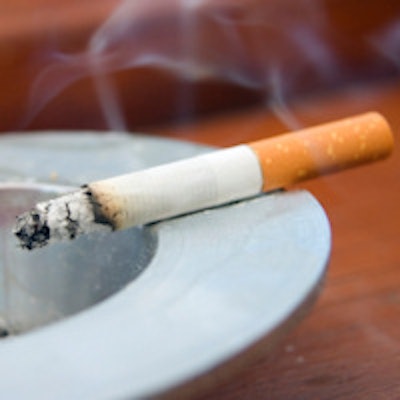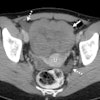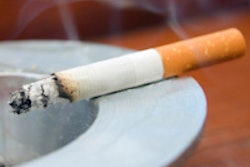
Low-dose CT lung cancer screening should be expanded to include smokers who gave up the habit long ago, concludes a new study published in the February issue of the Journal of Thoracic Oncology.
The study of more than 9,000 lung cancer patients found that those who quit smoking more than 15 years ago represent the largest group of lung cancer patients who aren't qualified for CT screening under current guidelines, according to researchers from the Mayo Clinic in Rochester, MN, and China.
Current lung cancer screening criteria from the U.S. Preventive Services Task Force (USPSTF) recommends CT screening for adults ages 55 to 80 who have smoked at least a pack a day for 30 years, and are either still smoking or quit 15 years ago or less.
Fewer people are benefiting from early detection of lung cancer because they don't qualify for low-dose CT screening, said the study's lead author, Dr. Ping Yang, PhD, in a statement.
An earlier Journal of the American Medical Association study published in 2015 found that two-thirds of lung cancer patients in the U.S. would not meet current USPSTF screening criteria. In the new study, the researchers retrospectively tracked two groups of people with lung cancer: a hospital cohort consisting of 5,988 individuals referred to the Mayo Clinic and a community cohort made up of 850 residents of Olmsted County, MN.
Lung cancer patients who had quit smoking more than 15 years ago constituted 12% of the hospital cohort and 17% of the community cohort. The researchers were surprised to find such a high incidence of cancer in people who had quit between 15 and 30 years prior to diagnosis, having assumed that the rate of development of new cancers would be too low to notice among the long-term quitters (J Thorac Oncol, February 2016, Vol. 11:2, pp. 194-202).
The results suggest that people who quit more than 15 years ago should also be screened, the group concluded. The new study also found that expanding the criteria for lung cancer screening would not significantly add to the number of false-positive cases, and would save lives at an acceptable cost and radiation dose.




















